It seems that every holiday season brings the “must-have” toys or gifts for kids, but there is one that tends to be a perpetual crowd-pleaser: a puppy. And if your kids want a pup this year, you may want to first consider the following ten tips to help find the ideal pup and have him successfully join your family. Dr. Yasmine Mortsakis, DVM, Director of Health & Wellness at NY Vet Practice, which offers full-service veterinary care at Biscuits & Bath, and Biscuits & Bath Behavior Counselor Tito Rivera advise.
#1 – Consider Your Child’s Age
Puppies are a lot of work, and families with small children should consider adopting an older dog, as these pooches are already trained and make great companions.

#2 – Consider Your Child’s Temperament
Companion breeds are usually a better choice for small children or children with disabilities. Also, regardless of the breed, small children tend to do better with calmer dogs.
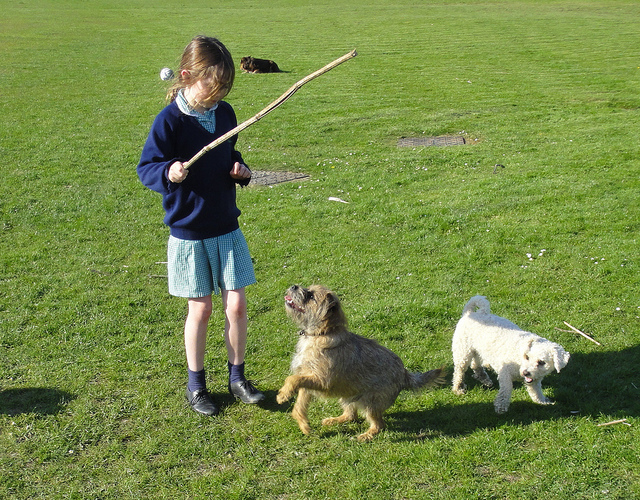
#3 – Supervise Puppy Play
Before their first interaction with the new pup, children should be taught the proper way to handle and treat their new four-legged friend. Interactions between a dog and a young child (under 10 years) should always be supervised by a responsible adult.

#4 – Be Prepared to Train
Keep in mind that there will be an adjustment period for your new dog while she gets acquainted with its new family, and most dogs will need some level of training upon entering a new home. The Biscuits & Bath Training and Behavior Department offers a complimentary phone consultation prior to getting your new pup. This is an important first step that can lead to many years of enjoying your dog successfully.
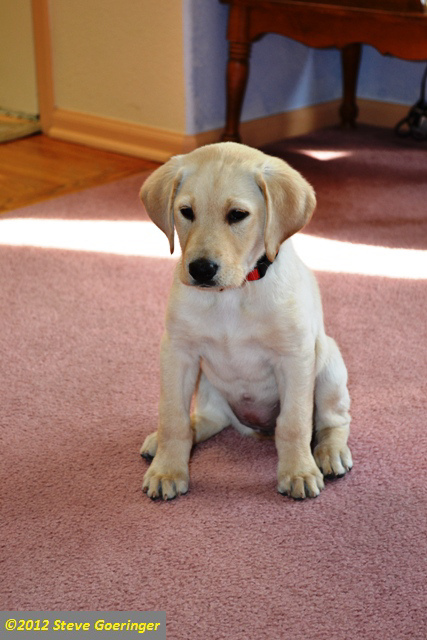
#5 – Visit a vet ASAP.
It’s important for the long-term health of your new dog to get him a veterinary exam early on. Then schedule annual checkups to maintain good health. NY Vet Practice offers a complimentary phone consultation prior to picking up your new dog.

#6 – Adopt
So many loveable dogs are abandoned, and they are in need of a good home and make great companions. Also, most of these dogs have already had their behavior evaluated, so you can more easily find the dog that’s the best fit for your family.

#7 – Create a Smooth Transition
The first few days in a puppy’s new home are critical. To make this transition successful, there are a few things you can do, such as setting up a crate or confined space for your puppy to use as a den concept; and getting your home ready by restricting access to toxins, poisonous materials, and small objects.
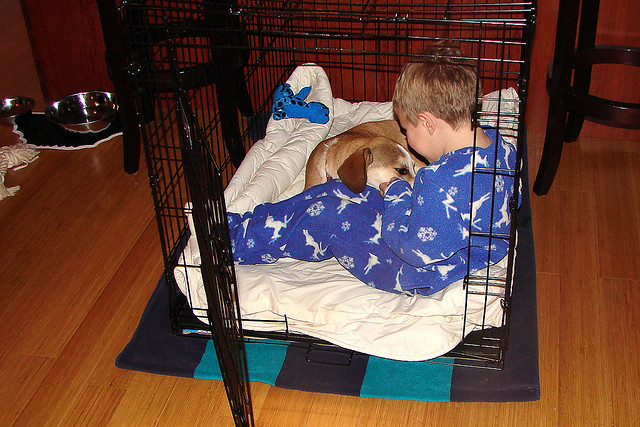
#8 – Introduce Other Pets
Introduce your new pup to any furry family members so they can form a bond early on to ensure they are lifelong friends.

#9 – Socialize Early
When your pup is young, he should be around as many people and animals as possible. Take them with you when you go for a walk, shopping, or even to work. Puppy kindergarten class is also a great place for your pet to learn socialization and basic obedience in a controlled environment.
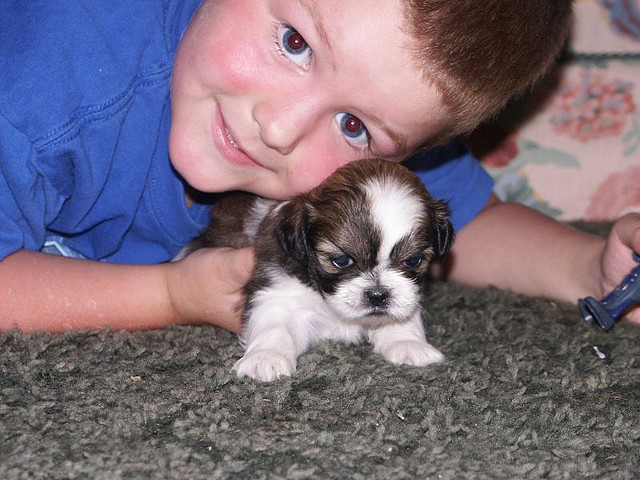
#10 – Start Good Eating Habits Early.
For the first few days, feed your new pup the same type and brand of food and the same feeding schedule she was on prior to living with you. Then, to prevent intestinal upset, slowly start using the food you have chosen. Young puppies should not be given table scraps because their digestive tracts are not fully developed and this could cause diarrhea or other gastrointestinal problems.
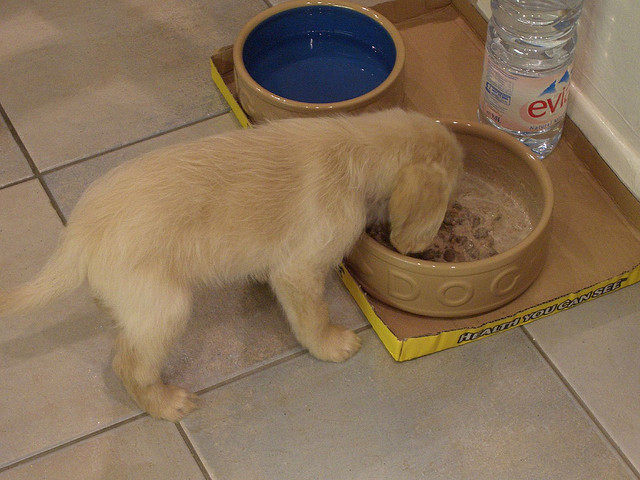
 Toledo, United States.
Toledo, United States.